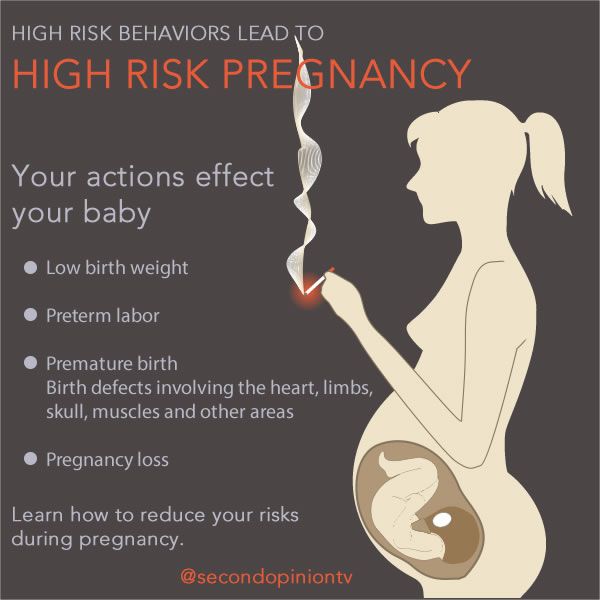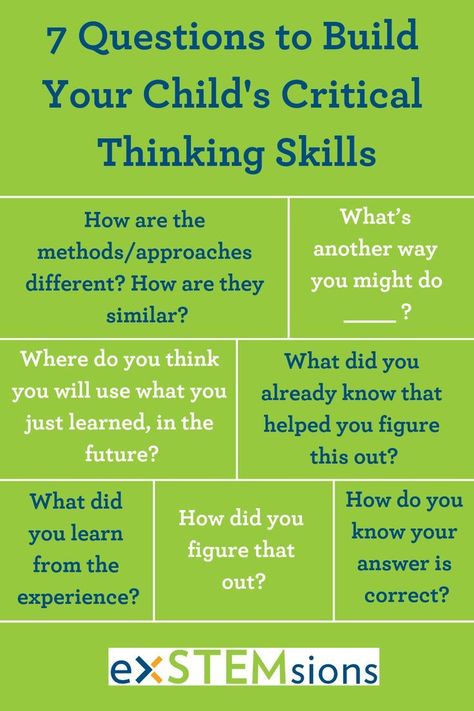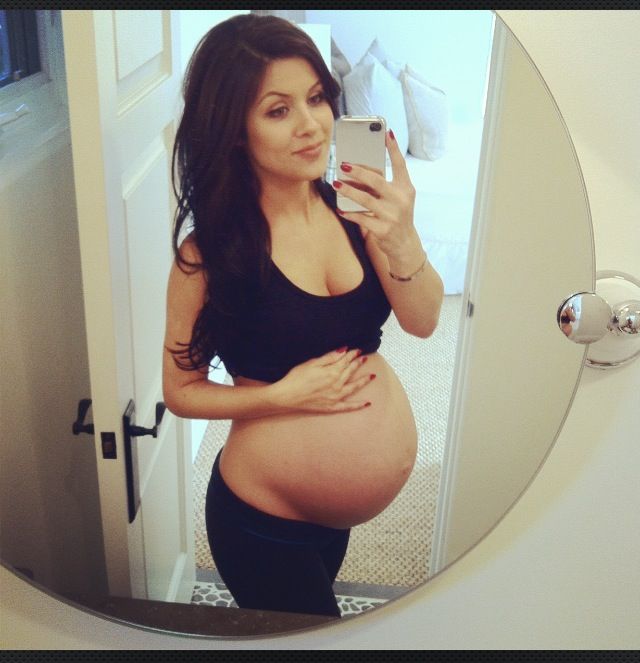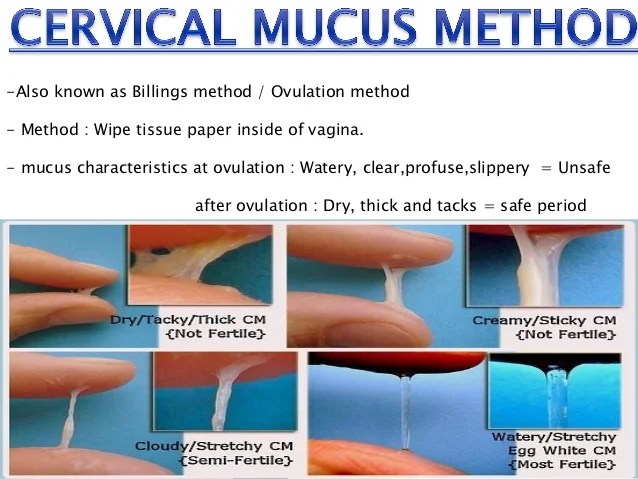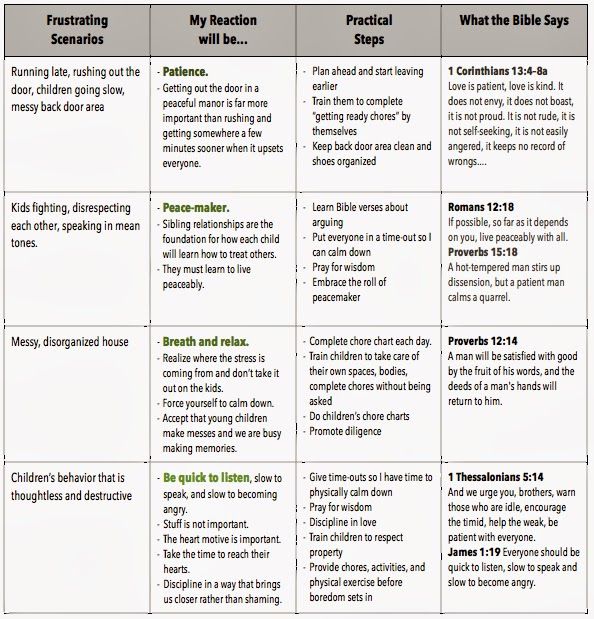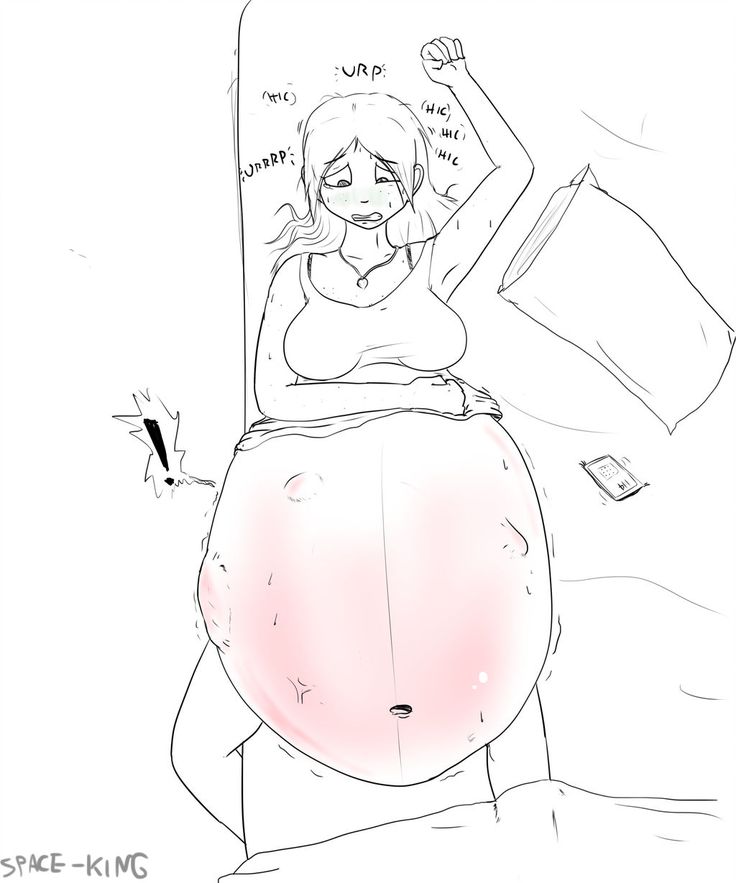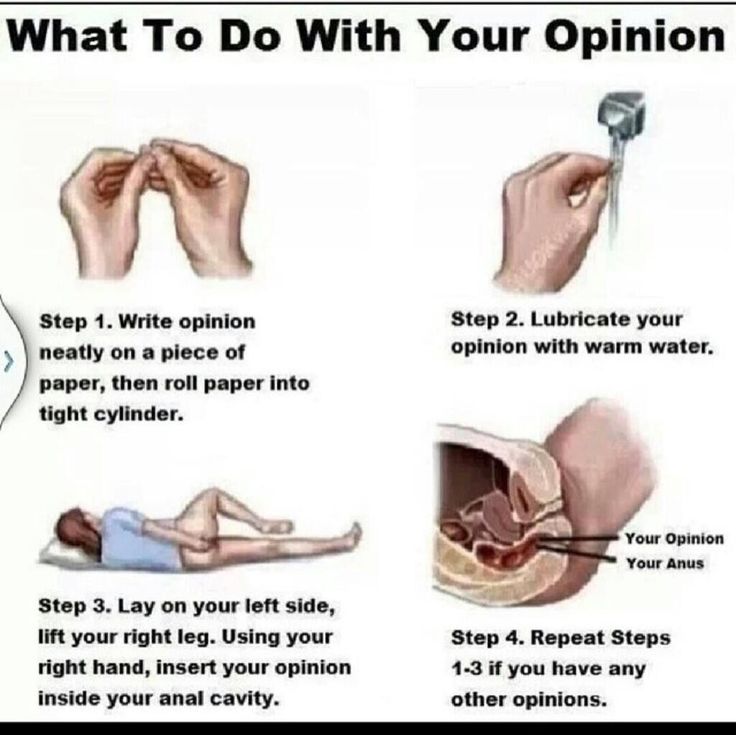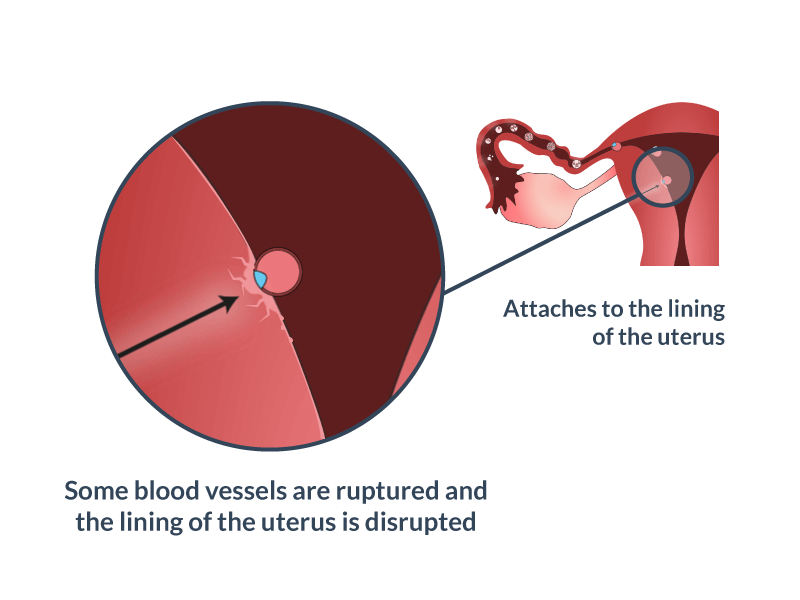Risks of smoking when pregnant
Smoking, Pregnancy, and Babies | Overviews of Diseases/Conditions | Tips From Former Smokers
Español (Spanish)
Most people know that smoking causes cancer and other major health problems. And smoking while you’re pregnant can cause serious problems, too. Your baby could be born too early, have a birth defect, or die from sudden infant death syndrome (SIDS). Even being around cigarette smoke can cause health problems for you and your baby.1
It’s best to quit smoking before you get pregnant. But if you’re already pregnant, quitting can still help protect you and your baby from health problems. It’s never too late to quit smoking.2
If you smoked and had a healthy pregnancy in the past, there’s no guarantee that your next pregnancy will be healthy. When you smoke during pregnancy, you put your health and your baby’s health at risk.3
Smoking can cause fertility problems for you or your partner. Women who smoke have more trouble getting pregnant than women who don’t smoke. In men, smoking can damage sperm and contribute to impotence (erectile dysfunction, or ED). Both problems can make it harder for a man to father a baby when he and his partner are ready.3, 4
Top of Page
- Your baby may be born too small, even after a full-term pregnancy. Smoking slows your baby’s growth before birth.
- Your baby may be born too early (premature birth). Premature babies often have health problems.5
- Smoking can damage your baby’s developing lungs and brain. The damage can last through childhood and into the teen years.4
- Smoking doubles your risk of abnormal bleeding during pregnancy and delivery. This can put both you and your baby in danger.5
- Smoking raises your baby’s risk for birth defects, including cleft lip, cleft palate, or both. A cleft is an opening in your baby’s lip or in the roof of her mouth (palate). He or she can have trouble eating properly and is likely to need surgery.
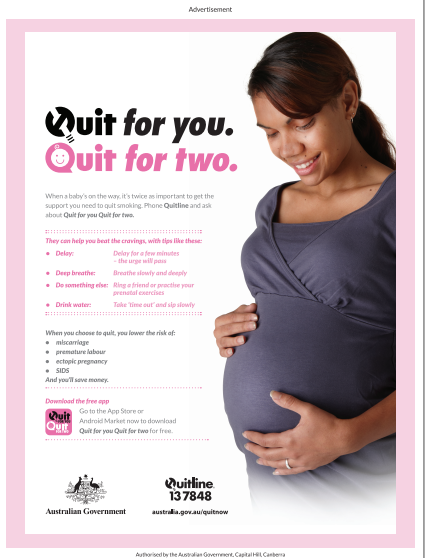 1,4
1,4 - Babies of moms who smoke during pregnancy—and babies exposed to cigarette smoke after birth—have a higher risk for SIDS.1
Top of Page
If you smoke during pregnancy, you are more likely to give birth too early. A baby born 3 weeks or more before your due date is premature.5 Babies born too early miss important growth that happens in the womb during the final weeks and months of pregnancy.6
The earlier a baby is born, the greater the chances for serious health problems or death. Premature babies can have:6,7,8
- Low birth weight
- Feeding difficulties
- Breathing problems right away
- Breathing problems that last into childhood
- Cerebral palsy (brain damage that causes trouble with movement and muscle tone)
- Developmental delays (when a baby or child is behind in language, thinking, or movement skills)
- Problems with hearing or eyesight
Premature babies may need to stay at the hospital for days, weeks, or even months. 5
5
Top of Page
- Outlook for Mother and Baby
- How Does Smoking Affect Fertility?
- How Can Smoking Harm You and Your Baby?
- How Can a Premature Birth Harm Your Baby?
- How Can Quitting Help You and Your Baby?
- Support for Quitting During Pregnancy
- Stay Smokefree for a Healthy Child
- References
Web
- Quit Smoking
- Smokefree.govexternal icon
Smartphone Apps/Text
- Text QUITNOW to 333888—Message and data rates may apply
- quitSTART appexternal icon—tips, information, and challenges to help you quit
Telephone
- 1-800-QUIT-NOW
- 1-855-DÉJELO-YA (Español [Spanish])
- Asian Smokers’ Quitlineexternal icon
- 1-800-838-8917 (中文 (Chinese) [Cantonese & Mandarin])
- 1-800-556-5564 (한국어 [Korean])
- 1-800-778-8440 (Tiếng Việt [Vietnamese])
Amanda B. smoked while she was pregnant. Her baby was born 2 months early and was kept in an incubator.
“I’ll never forget her tiny, little cry. It wasn’t like the cries you hear; you know—a loud, screaming, typical baby cry. It was just this soft, little cry.”
The best time to quit smoking is before you get pregnant, but quitting at any time during pregnancy can help your baby get a better start on life. Talk to your doctor about the best ways to quit while you’re pregnant or trying to get pregnant.
When you stop smoking:1
- Your baby gets more oxygen, even after just 1 day.
- Your baby will grow better.
- Your baby is less likely to be born too early.
- You’ll have more energy and breathe more easily.
- You will be less likely to develop heart disease, stroke, lung cancer, lung disease, and other smoking-related diseases.
Top of Page
Most pregnant women who smoke want to quit, but quitting isn’t always easy during pregnancy. What’s more, if you’re pregnant and still smoking, you may feel ashamed and alone.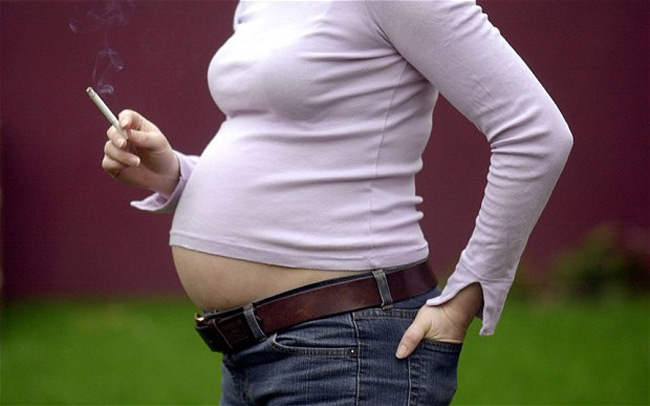
The right kind of support can help a pregnant woman get through the unique challenges of quitting during this phase of life. Special guidance is available for you and the people around you. These resources include:
- Help Her Quit Smoking
- Pregnancy, Motherhood, and Smoking
- Smokefree Women
Quitting smoking to protect the health of you and your baby is one of the most important things you can do. If you are pregnant or planning to get pregnant, talk to your doctor or call 1-800-QUIT-NOW to get started.
Web
- Quit Smoking
- Smokefree.govexternal icon
Smartphone Apps/Text
- Text QUITNOW to 333888—Message and data rates may apply
- quitSTART appexternal icon—tips, information, and challenges to help you quit
Telephone
- 1-800-QUIT-NOW
- 1-855-DÉJELO-YA (Español [Spanish])
- Asian Smokers’ Quitlineexternal icon
- 1-800-838-8917 (中文 (Chinese) [Cantonese & Mandarin])
- 1-800-556-5564 (한국어 [Korean])
- 1-800-778-8440 (Tiếng Việt [Vietnamese])
Amanda B.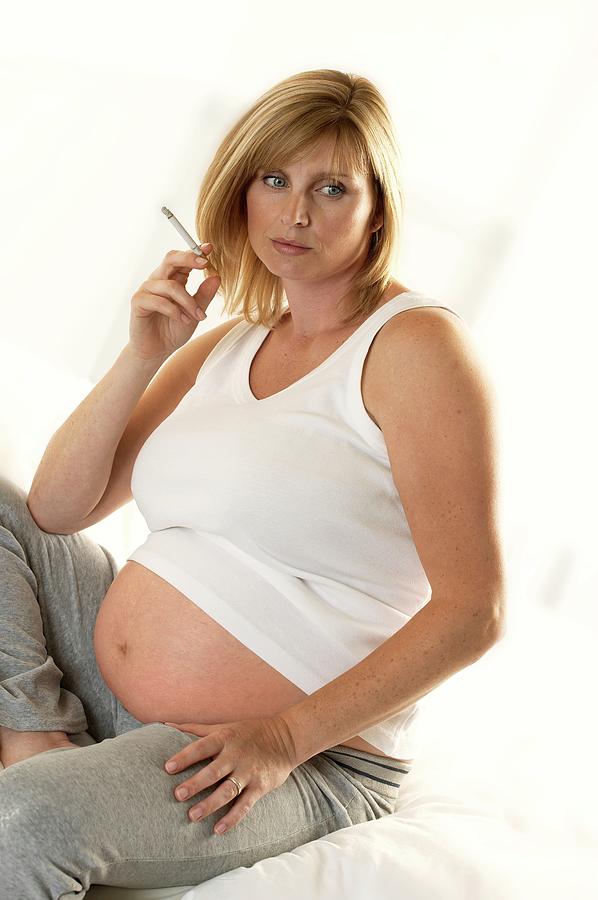 smoked while she was pregnant. Her baby was born 2 months early and was kept in an incubator.
smoked while she was pregnant. Her baby was born 2 months early and was kept in an incubator.
“I’ll never forget her tiny, little cry. It wasn’t like the cries you hear; you know—a loud, screaming, typical baby cry. It was just this soft, little cry.”
Staying smokefree is important. Tobacco smoke contains a deadly mix of more than 7,000 chemicals.9 When your child is not exposed to smoke, you can expect him or her to have:10
- Fewer coughs and chest colds
- A lower risk for bronchitis or pneumonia (lung problems)
- Fewer ear infections
- Fewer asthma attacks and wheezing problems
- Centers for Disease Control and Prevention. Tobacco Use and Pregnancy [last updated 2017 Sep 29; accessed 2018 Mar 22].
- Centers for Disease Control and Prevention. Pregnant? Don’t Smoke! [last updated 2017 Nov 13; accessed 2018 Mar 22].
- National Cancer Institute. 4 Reasons Why Quitting Matters When You’re Pregnant [accessed 2018 Mar 22].
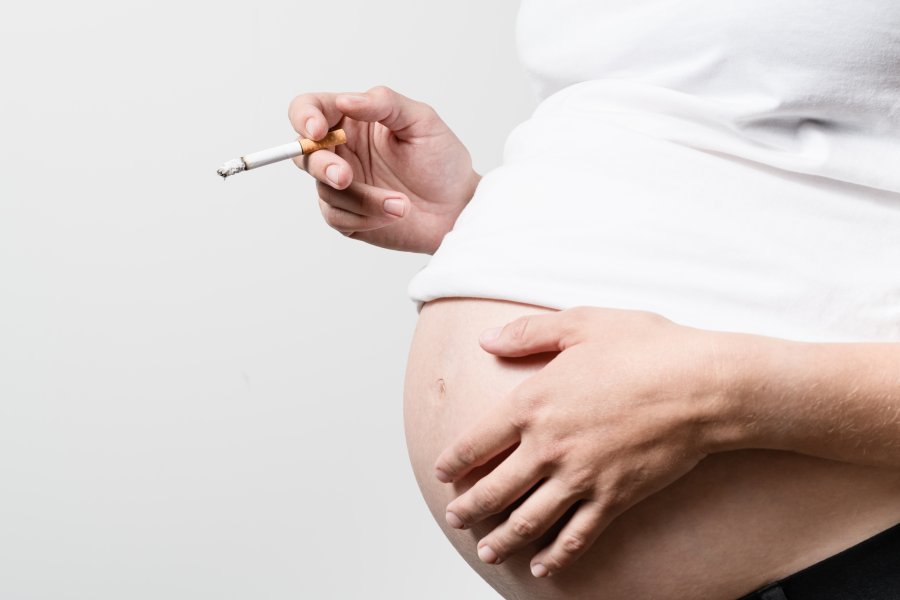
- U.S. Department of Health and Human Services. Let’s Make the Next Generation Tobacco-Free: Your Guide to the 50th Anniversary Surgeon General’s Report on Smoking and Health. [PDF – 795KB] Atlanta: U.S. Department of Health and Human Services, Centers for Disease Control and Prevention, National Center for Chronic Disease Prevention and Health Promotion, Office on Smoking and Health, 2014 [accessed 2018 Mar 22].
- National Cancer Institute. Smoking, Labor, & Delivery: It’s Complicated [accessed 2018 Mar 22].
- Centers for Disease Control and Prevention. Preterm Birth [last updated 2017 Nov 27; accessed 2018 Mar 22].
- Been JV, Lugtenberg MJ, Smets E, van Schayck CP, Kramer BW, Mommers M, Sheikh A. Preterm Birth and Childhood Wheezing Disorders: A Systematic Review and Meta-Analysis. PLOS Medicine 2014 Jan 28. DOI: 10.1371/journal.pmed.1001596 [accessed 2018 Mar 22].
- Harju M, Keski-Nisula L, Georgiadis L, Räisänen S, Gissler M, Heinonen S. The Burden of Childhood Asthma and Late Preterm and Early Term Births.
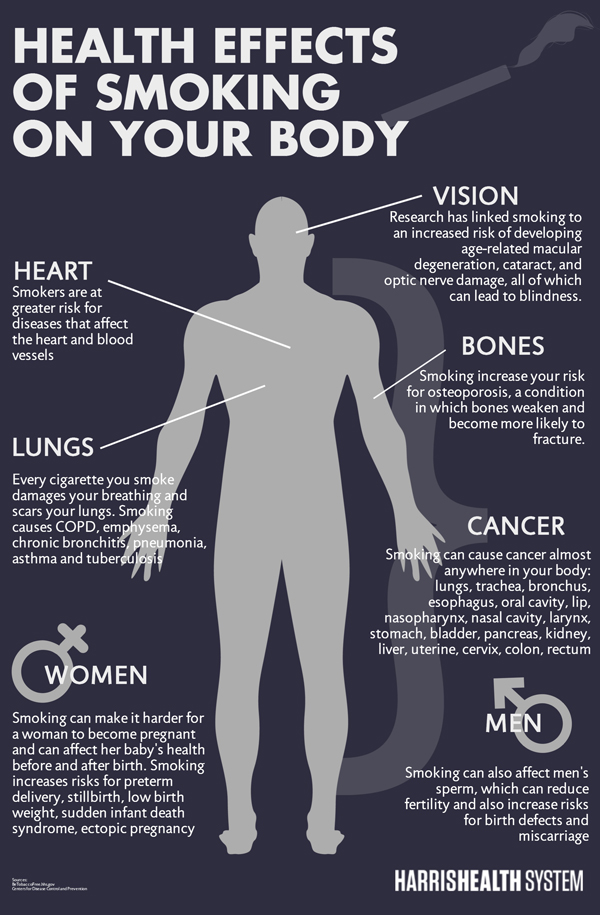 The Journal of Pediatrics 2014;164(2):295–9 [accessed 2018 Mar 22].
The Journal of Pediatrics 2014;164(2):295–9 [accessed 2018 Mar 22]. - U.S. Department of Health and Human Services. A Report of the Surgeon General. How Tobacco Smoke Causes Disease: What It Means to You. Atlanta: U.S. Department of Health and Human Services, Centers for Disease Control and Prevention, National Center for Chronic Disease Prevention and Health Promotion, Office on Smoking and Health, 2010 [accessed 2018 Mar 22].
- National Cancer Institute. Smoking & Your Baby [last updated 2019 Jan 28; accessed 2019 Jan 25].
Top of Page
Smoking during pregnancy | March of Dimes
Smoking is addictive and harmful to your health. Quitting smoking can help reduce your risk for cancer and other diseases.
Smoking during pregnancy can cause problems for your baby, like premature birth and birth defects. It also increases your baby’s risk for SIDS.
If you’re pregnant, don’t smoke and stay away from secondhand and thirdhand smoke.

If you need help to quit, tell your health care provider. Make a quit plan to keep you on track to help you get and stay smoke-free.
The sooner you quit smoking during pregnancy, the healthier you and your baby can be.
How is smoking harmful to your body?
Cigarettes and cigars are made from tobacco leaves. Tobacco contains a drug called nicotine. Nicotine is what makes you become addicted to smoking. Addiction is a brain condition that makes you smoke, even if you don’t want to. Addiction affects your self-control and your ability to stop smoking.
Smoke from tobacco contains more than 7,000 chemicals. At least 250 of these are harmful to smokers and nonsmokers. At least 69 of them can cause cancer. Breathing even a little tobacco smoke can be harmful.
Smoking harms nearly every organ in the body. It can cause serious health conditions, including:
- Addiction
- Cancer of the lung, mouth, throat, kidneys and other organs.
 It also causes cancer of the blood (also called leukemia).
It also causes cancer of the blood (also called leukemia). - Heart disease and lung disease
- Diabetes
- Stroke. This is when a blood clot blocks a blood vessel that brings blood to the brain, or when a blood vessel in the brain bursts open.
- Gum disease
- Eye problems that can lead to blindness
How can smoking harm your pregnancy?
Smoking during pregnancy is bad for you and your baby. Quitting smoking, even if you’re already pregnant, can make a big difference in your baby’s life.
If you smoke during pregnancy, you’re more likely than nonsmokers to have:
- Preterm labor. This is labor than starts too early, before 37 weeks of pregnancy. Preterm labor can lead to premature birth. Babies born prematurely are more likely to have health problems at birth and later in life than babies born on time.
- Ectopic pregnancy. This is when a fertilized egg implants itself outside of the uterus (womb) and begins to grow.
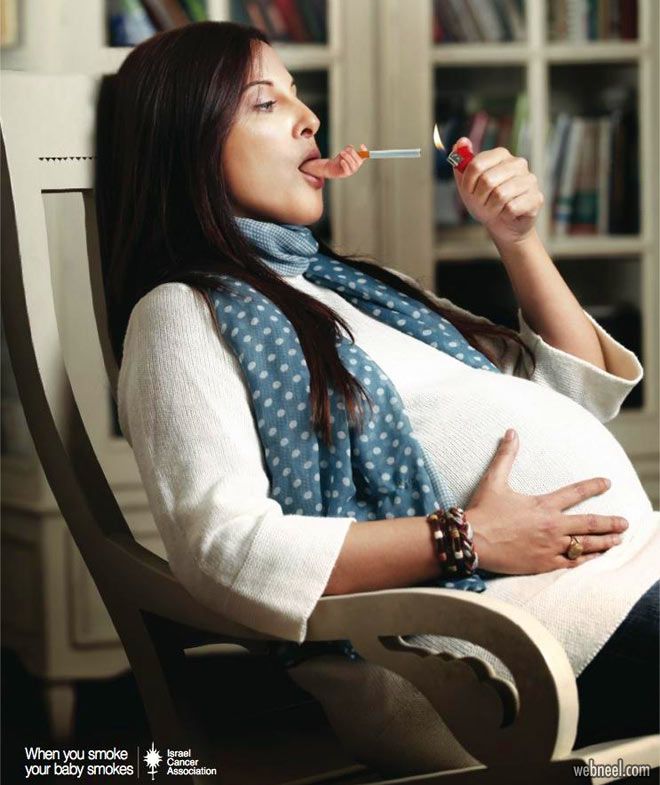 An ectopic pregnancy always ends in pregnancy loss. It can cause serious, dangerous problems for a pregnant woman. Most of the time, ectopic pregnancies are removed by surgery.
An ectopic pregnancy always ends in pregnancy loss. It can cause serious, dangerous problems for a pregnant woman. Most of the time, ectopic pregnancies are removed by surgery. - Bleeding from the vagina
- Problems with the placenta, like placental abruption and placenta previa. The placenta grows in your uterus and supplies the baby with food and oxygen through the umbilical cord. Placental abruption is a serious condition in which the placenta separates from the wall of the uterus before birth. Placenta previa is a condition in which the placenta lies very low in the uterus and covers all or part of the cervix. The cervix is the opening to the uterus that sits at the top of the vagina.
If you smoke and are pregnant or thinking about getting pregnant, tell your provider. Your provider can help you quit.
How can smoking affect your baby?
When you smoke during pregnancy, chemicals like nicotine, carbon monoxide and tar pass through the placenta and umbilical cord to your baby.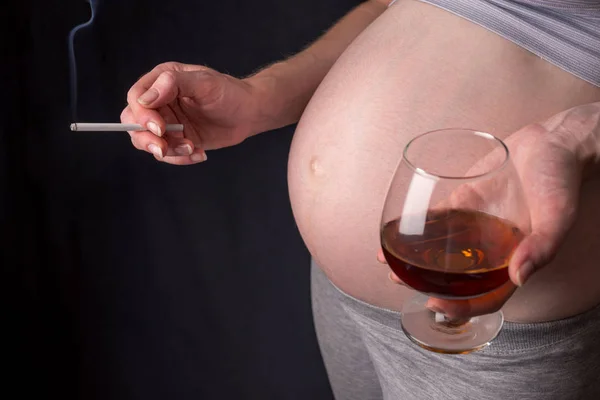
These chemicals are harmful to your baby. They can lessen the amount of oxygen that your baby gets. This can slow your baby’s growth before birth and can damage your baby’s lungs and brain.
If you smoke during pregnancy, your baby is more likely to:
- Be born prematurely, before 37 weeks of pregnancy
- Have birth defects, including birth defects in a baby’s mouth called cleft lip or cleft palate. Birth defects are health conditions that are present at birth. They change the shape or function of one or more parts of the body. Birth defects can cause problems in overall health, how the body develops or how the body works.
- Have low birthweight. This means your baby is born weighing less than 5 pounds, 8 ounces.
- Die before birth from miscarriage or stillbirth.
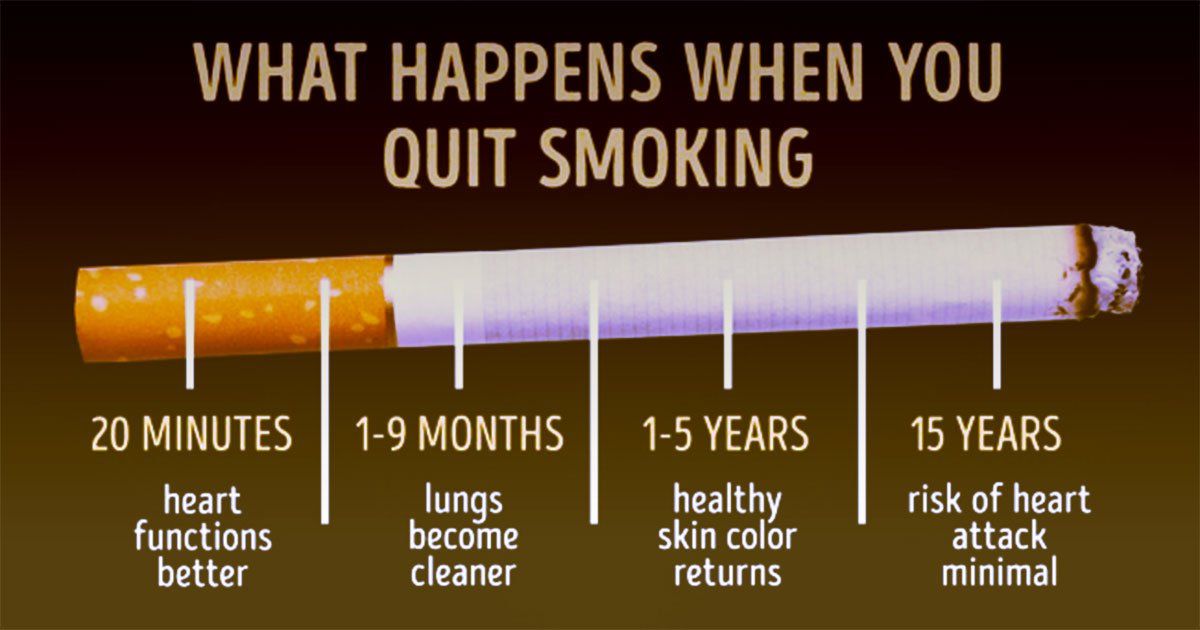 Miscarriage is when a baby dies in the womb before 20 weeks of pregnancy. Stillbirth is when a baby dies in the womb after 20 weeks of pregnancy.
Miscarriage is when a baby dies in the womb before 20 weeks of pregnancy. Stillbirth is when a baby dies in the womb after 20 weeks of pregnancy. - Die of sudden infant death syndrome (also called SIDS). SIDS is the unexplained death of a baby younger than 1 year old. SIDS usually happens when a baby is sleeping. It’s sometimes called crib death because the baby often dies in his crib.
If you smoke and are pregnant or thinking about getting pregnant, tell your provider. Your provider can help you quit.
What is secondhand smoke?
Secondhand smoke is smoke you breathe in from someone else’s cigarette, cigar, pipe or other tobacco product. Secondhand smoke is dangerous for you and your baby. Being around secondhand smoke during pregnancy can cause your baby to be born with low birthweight or birth defects.
Secondhand smoke also is dangerous to your baby after birth. Babies exposed to secondhand smoke are more likely than babies who aren’t to die of SIDS.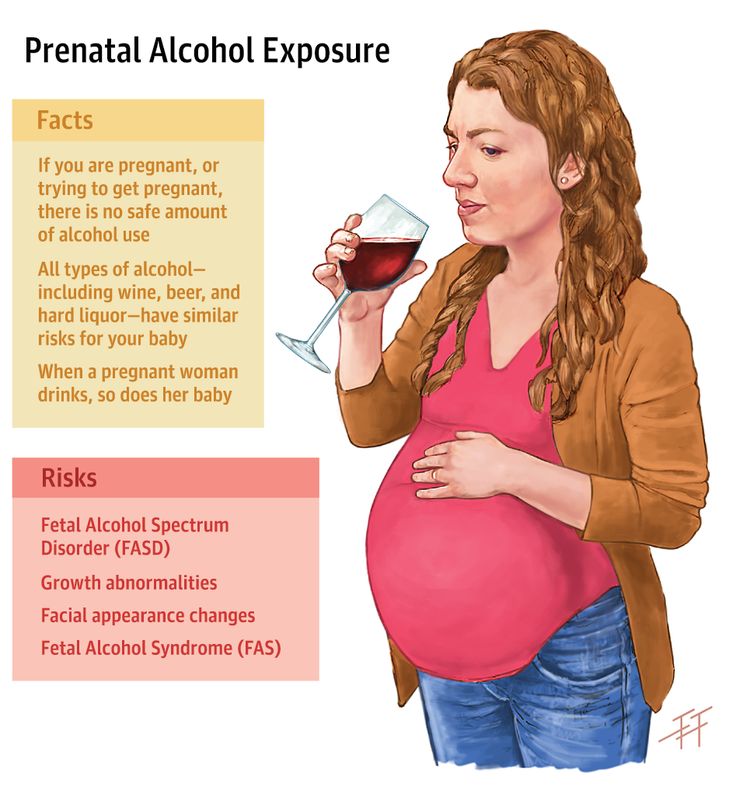 They’re also at risk for health problems like:
They’re also at risk for health problems like:
- Asthma. This is a health condition that affects the body’s airways and can cause breathing problems.
- Bronchitis. This is inflammation (irritation, like redness and swelling) in the bronchial tubes that carry air to and from your baby’s lungs. It can cause coughing and shortness of breath.
- Ear infections
- Pneumonia. This is an infection in the lungs.
What is thirdhand smoke?
Thirdhand smoke is what’s left behind when someone smokes. It’s what you smell on things like clothes, furniture, carpet, walls, skin and hair that’s been in or around smoke. Thirdhand smoke sticks to these things, builds up over time and is hard to remove. Thirdhand smoke is why opening a window or smoking in another room isn’t enough to protect others when you smoke.
Thirdhand smoke contains more than 250 chemicals and is harmful to pregnant women, babies and children.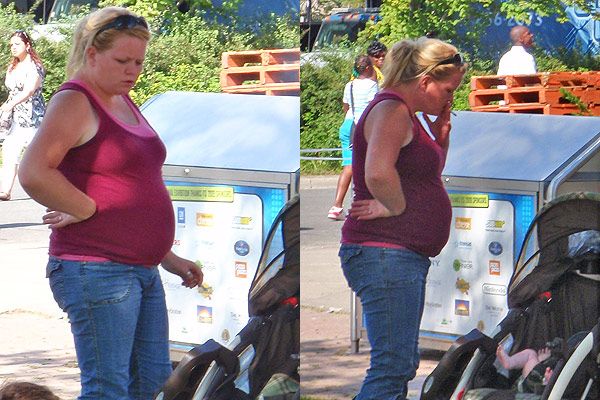 Babies and children can be exposed to these chemicals when they breathe in thirdhand smoke or when they touch or put things in their mouth that have been exposed to thirdhand smoke. Researchers are working to find out if thirdhand smoke causes cancer and other serious health problems.
Babies and children can be exposed to these chemicals when they breathe in thirdhand smoke or when they touch or put things in their mouth that have been exposed to thirdhand smoke. Researchers are working to find out if thirdhand smoke causes cancer and other serious health problems.
What are e-cigarettes?
Electronic cigarettes (also called e-cigarettes) contain liquid that usually includes nicotine, flavors (like strawberry, cinnamon or bubble gum) and other chemicals. Some look like regular cigarettes. Some look like pens, computer memory sticks or asthma inhalers. Instead of lighting e-cigarettes, they run on batteries. Other names for e-cigarettes are e-cigs, e-hookahs, hookah pens, vapes, vape pens, tank systems and mods.
When you use an e-cigarette, you puff on a mouthpiece to heat up the liquid. This creates a mist (also called vapor) that you inhale. Using an e-cigarette is called vaping or Juuling (JUUL is the name of one kind of e-cigarette).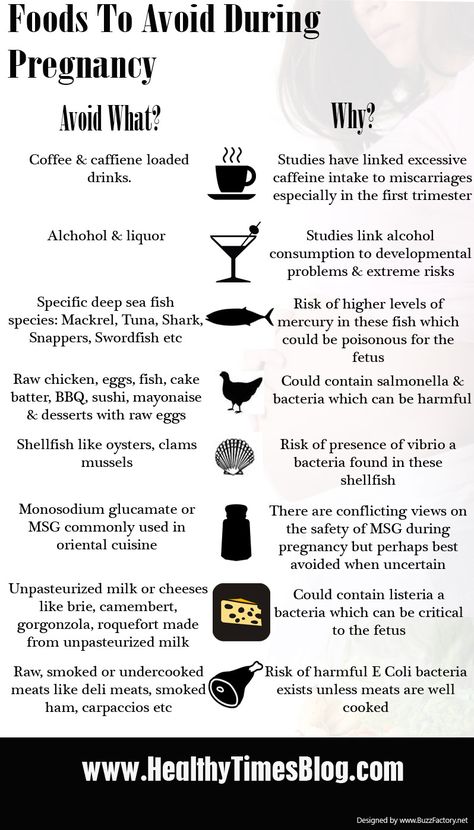 Just like with regular cigarettes, you can become addicted to e-cigarettes that contain nicotine.
Just like with regular cigarettes, you can become addicted to e-cigarettes that contain nicotine.
The different flavors of e-cigarettes may make them seem fun and appealing, especially to children. If you drink or touch the liquid in e-cigarettes, it can cause nicotine poisoning. Nicotine poisoning can be deadly. Signs and symptoms of nicotine poisoning include:
- A fast or slow heartbeat
- Belly cramps
- Breathing problems
- Headache
- Vomiting
If you think you have nicotine poisoning, call emergency services (911) or Poison Control (800-222-1222) right away.
Is it safe to use e-cigarettes during pregnancy?
No. E-cigarettes contain chemicals, like nicotine, that can harm you and your baby. Flavors and other chemicals in e-cigarettes may be harmful to you and your baby. Breathing in someone else’s e-cigarette vapor also may be harmful. More research is needed to better understand how e-cigarettes affect women and babies during pregnancy.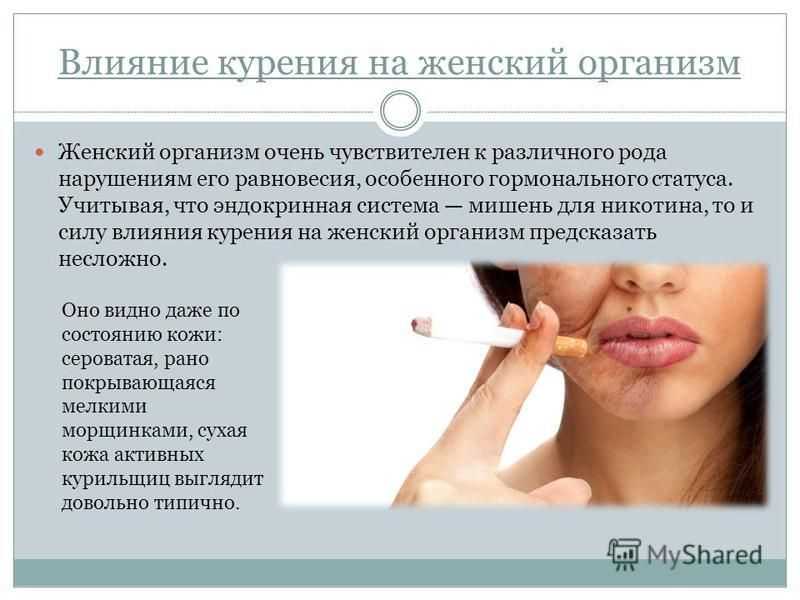
If you’re pregnant and using e-cigarettes, talk to your health care provider about quitting.
Can you just cut down on smoking? Or do you have to quit?
You may think that light or mild cigarettes are safer choices during pregnancy. This is not true. Or you may want to cut down rather than quit smoking altogether. It’s true that the less you smoke, the better for your baby. But quitting is best.
The sooner you quit smoking during pregnancy, the healthier you and your baby can be. It’s best to quit smoking before getting pregnant. But quitting any time during pregnancy can have a positive effect on your baby’s life.
On average, smokers die 10 years earlier than nonsmokers. Quitting smoking reduces your risk of cancer and other diseases, like heart disease. When you quit smoking, you never have to go outside and look for a place to smoke. And quitting smoking can help you have:
- Cleaner teeth, fresher breath and a better sense of taste
- Fewer stains on your fingers
- Fewer skin wrinkles
- Better vision
- Stronger muscles and bones
- More energy to be more active
If you need help to quit smoking, tell your health care provider.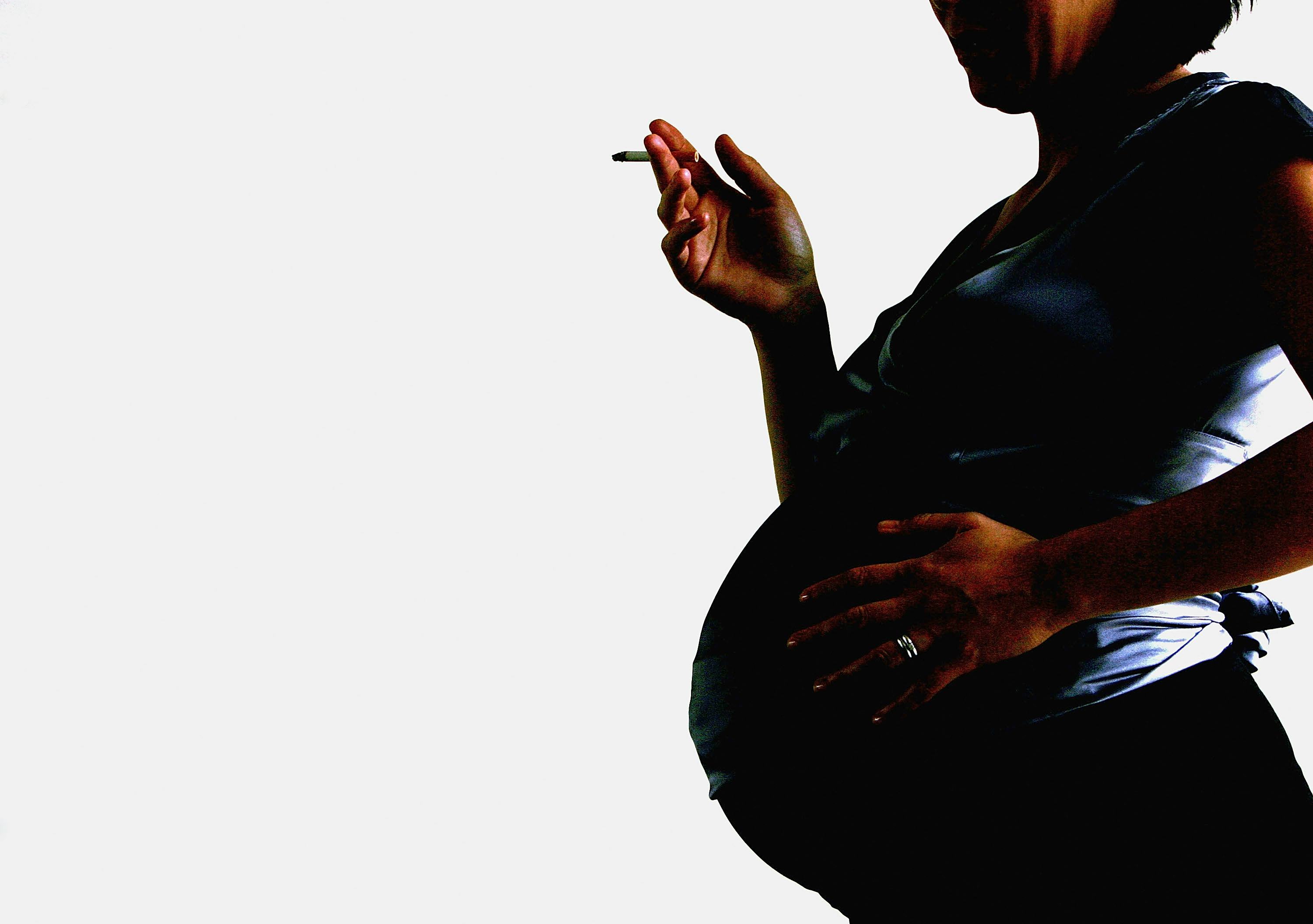
What are some tips to help you quit smoking?
Making a quit plan is a great way to help you quit smoking. A quit plan is a personalized plan that can help you get ready to quit. It also can help increase your chances of quitting and staying smoke-free. Visit smokefree.gov/build-your-quit-plan to get your plan started. Or write your plan on paper. Here are some things to include:
- A quit day. On this day, throw away all your cigarettes or cigars, lighters and ashtrays. Choose a day within the next 2 weeks so you have time to get ready. Put the quit day in your calendar.
- Your reasons for quitting. Look at the list when you think about smoking.
- Triggers that make you want to smoke. Triggers can be emotional, like wanting to smoke when you feel stressed or lonely. They can be activities that make you want to smoke, like talking on the phone or finishing a meal. Or they can be social events, like going to a party or bar.
 Knowing what your triggers are can help you learn ways to manage them so you don’t need to smoke.
Knowing what your triggers are can help you learn ways to manage them so you don’t need to smoke. - Ways to deal with cravings. For example, what can you do instead of smoking when you have a craving to smoke. For example, go for a walk to help keep your mind off smoking. Use a small stress ball or try some needlework to keep your hands busy. Snack on veggies or chew gum to keep something in your mouth.
- Get rid of smoking reminders, like matches and ashtrays. Wash your clothes and clean your car.
- Tools to help you quit. Ask your health care provider about things to help you quit, like patches, gum, nasal spray and medicines. Don't start using these without your health care provider's OK, especially if you're pregnant. Use apps and quitlines. Smokefree.gov has a free text message program for pregnant women who are trying to quit. It also has a free app you can download to keep you on track. Call 1-800-QUIT-NOW for advice from a quit smoking counselor.
 Look for programs in your community or where you work that can help you stop smoking. These are called smoking cessation programs. Ask your provider about programs in your area. Ask your employer to see what services are covered by health insurance.
Look for programs in your community or where you work that can help you stop smoking. These are called smoking cessation programs. Ask your provider about programs in your area. Ask your employer to see what services are covered by health insurance. - Telling your family, friends and loved ones about your plan to quit smoking. They can help support you.
Other things to do to help you quit:
- Drink lots of water. Drink water or tea instead of coffee or alcohol.
- Try to manage your stress. Stress can be a trigger for smoking. Try things to relieve stress, like meditation, deep breathing, exercising or listening to your favorite music.
- Reward yourself for your progress. Celebrate milestones, like 1 day, 1 week and 1 month of being smoke-free.
If you have trouble quitting, keep trying! You’re doing what’s best for you and your baby.
More information
smokefree.gov (1-800-quit-now)
Centers for Disease Control and Prevention (CDC)
CDC tips for quitting smoking
Amanda’s story: Smoking during pregnancy and premature birth
Last reviewed: January 2019
Smoking during pregnancy
SMOKING DURING PREGNANCY: SHOULD I QUIT?
There are more smoking pregnant women than it might seem, but almost everyone hides this moment of their weakness, so there are very few who want to participate in medical research.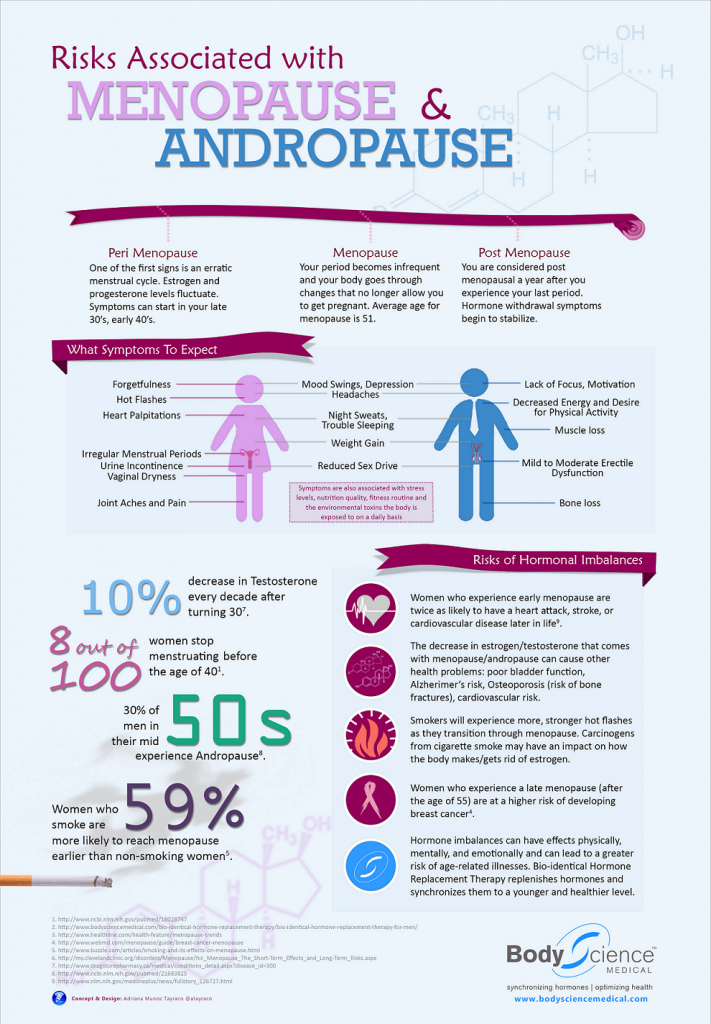 But this does not negate the fact that nicotine addiction poses a threat to the child on all fronts - from intrauterine development to complications during childbirth and even future mental development.
But this does not negate the fact that nicotine addiction poses a threat to the child on all fronts - from intrauterine development to complications during childbirth and even future mental development.
Let's make a reservation right away that exact statistics on this issue still do not exist for a simple reason - it is very difficult for researchers to cover a sufficient number of participants to draw categorical conclusions.
For medical professionals, the negative impact of tobacco smoke on pregnancy is obvious, but among smokers, talk continues that this is an exaggeration.
Sometimes you can hear examples, they say, smoked, gave birth - and that's okay. The reason for such an unreasonably easy attitude of expectant mothers to smoking is that there really are no absolute guarantees of the harm of nicotine. But of course, you understand that even the existing risk is already a reason to refuse substances that can harm the fetus. nine0003
HOW SERIOUS IS SMOKING IN PREGNANCY?
It would seem that the question is rhetorical. And yet, many women believe that the consequences of addiction are either greatly exaggerated, or by some miracle will not affect them at all. Moreover, on the network on the forums, you can come across the opinion that it is absolutely impossible for a smoker to quit on time (it’s hard to understand why), there are even links to advice from gynecologists-obstetricians who do not recommend quitting!
And yet, many women believe that the consequences of addiction are either greatly exaggerated, or by some miracle will not affect them at all. Moreover, on the network on the forums, you can come across the opinion that it is absolutely impossible for a smoker to quit on time (it’s hard to understand why), there are even links to advice from gynecologists-obstetricians who do not recommend quitting!
It is up to you to decide how to deal with such claims, but keep in mind that for more than 50 years, medicine has been studying the negative effects of tobacco on the body, and by no means in favor of the latter. nine0003
Remember that tobacco companies don't sell you health, they advertise a way to keep yourself busy, relax or get together, a stylish look with a cigarette in your mouth and other ephemeral things.
On the other hand, the truth is that smoke brings toxins into the body, which require colossal resources every day to neutralize - blood, liver, lung cells, hemoglobin, brain neurons, and so on.
If you like to inhale smoke, okay, there's no arguing about taste, but doesn't your pregnancy require all the internal reserves from you to ensure the normal development of the fetus in the womb and a safe delivery with subsequent feeding? Wasting what rightfully belongs to the little being inside of you is probably cruel and unwise. nine0003
Let us recall some consequences of smoking during pregnancy:
-
the supply of oxygen from maternal blood to the fetus is reduced;
-
nicotine constricts peripheral vessels;
-
blood flow changes abnormally for 20-30 minutes after each cigarette;
-
the accumulation of carbon dioxide in the body negatively affects the composition of the blood of a pregnant woman;
-
the baby's heart in the womb begins to beat faster, tachycardia causes weight loss of both the expectant mother and the child inside, which can be born with underweight and poor vitality; nine0003
-
liver cells work hard to remove toxins from the blood, overstrain of the vessels of this organ and its ducts causes excruciating gastritis;
-
hemoglobin drops from stomach problems - the child does not receive enough nutrition in the womb;
-
The still developing fetal brain suffers, the normal number of its cells is reduced, other important organs are formed incorrectly;
-
in special cases, when the mother did not let the cigarette out of her mouth until the very birth, the newborn gets a ready addiction to nicotine, although he himself has never smoked! nine0003
Among the mildest consequences, let's mention at least the fact that the children of smokers are restless and constantly cry and scream.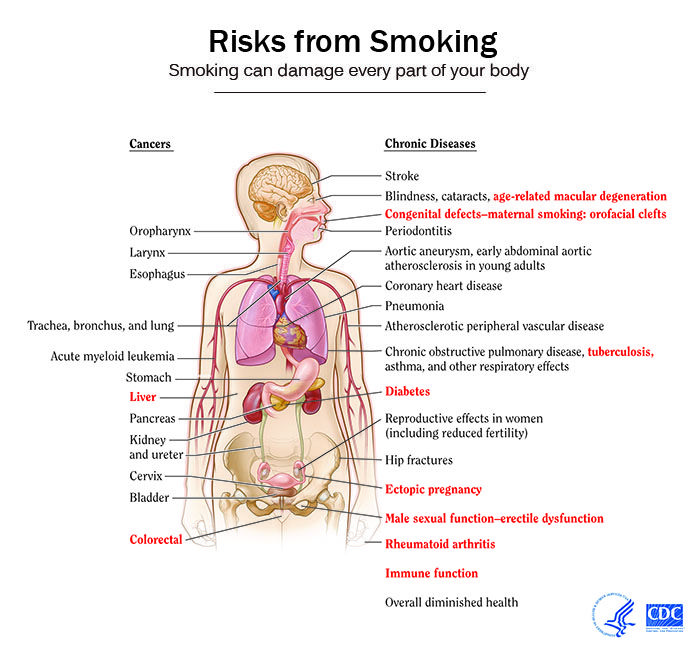 Whoever thinks that this is not a problem simply does not know what the price of an infant's cry is - from loss of consciousness in mothers who have not slept for a week to a hernia in the babies themselves.
Whoever thinks that this is not a problem simply does not know what the price of an infant's cry is - from loss of consciousness in mothers who have not slept for a week to a hernia in the babies themselves.
Such consequences as congenital heart disease, underdevelopment of tissues of internal organs and skeleton with muscles (“cleft lip”, “cleft palate”) are considered severe. These troubles happen without cigarettes, but with them the risk increases incredibly! nine0003
So, if you have a bad habit and weak nerves, you probably think that the “withdrawal syndrome” of nicotine and the psychological discomfort from it during pregnancy will bring you suffering and harm.
Think rationally: what are you more afraid of - your irritability and dry mouth when you want to smoke, or the problems described above in your future son or daughter? The answer is obvious, right?
HOW DOES SMOKING CANNABIS DURING PREGNANCY AFFECT
For example, those women who do not smoke tobacco sometimes indulge in the use of other substances. There is nothing wrong, they say, to sometimes relax with "weed", especially since everyone knows about its medical use, but ...
There is nothing wrong, they say, to sometimes relax with "weed", especially since everyone knows about its medical use, but ...
Smoking marijuana during pregnancy jeopardizes the future mental abilities of the baby! The psychoactive substance (tetrahydrocannabinol) quickly penetrates into the blood of the future mother, and about 10% of its content enters the bloodstream of the fetus through the placenta. nine0003
At the same time, using marijuana and protecting an unborn child will not work - everything that is in the mother's blood will be in the child. At the same time, the risk of developing a convulsive syndrome in a newborn is high, and then - from underweight and asthma to severe genetic disorders. Pregnant women should give up bad habits and addictions as soon as they find out about their new position.
HAZARDS OF PASSWORD SMOKE DURING PREGNANCY
The widespread occurrence of this habit has led us to the fact that in almost every family someone smokes, which means that other family members are under the threat of passive smoking:
-
passive inhalation of cigarette smoke is almost equal to the use of cigarettes by a smoker;
-
one hour spent in a smoky room produces the same effect on the body as one and a half smoked cigarettes;
-
it is impossible to live in an apartment with a smoker and it is impossible to avoid the influence of smoke - the combustion products contained in the smoke are absorbed into furniture, wallpaper, things and for years (!) release toxins into the environment of the whole family;
nine0031 - 90,002 non-smoking women in the same apartment with a smoker are at risk of earning breathing problems, anemia, runny nose, lethargy and muscle aches, and pregnant women - increased toxicosis.

passive smokers do not receive the same dose of nicotine as active smokers, but suffer much more from tar and toxic substances from the smoke;
The terrible thing is that the smoke from the air penetrates into the lungs and from there into the blood, even at a minimal concentration. The liver of a pregnant woman is already under stress, as are the cardiovascular and nervous systems, and then there is such a blow in the form of “exhaust gases” from cigarettes. If you are waiting for replenishment, and tobacco clouds envelop you at home, fight it immediately! nine0003
Demand respect for yourself and your baby, if necessary - defend your right to clean air firmly and uncompromisingly. It is better to make a good scandal and forbid smoking in the apartment than to suffer in silence and put yourself in danger of a miscarriage.
Tobacco addicts can be your problem in another way. Passive inhalation of smoke for former smokers becomes the factor due to which they again take up a cigarette - secretly, a little bit, "one puff." nine0003
Not everyone understands that it is very difficult for women to give up their addiction if their husband does not do it.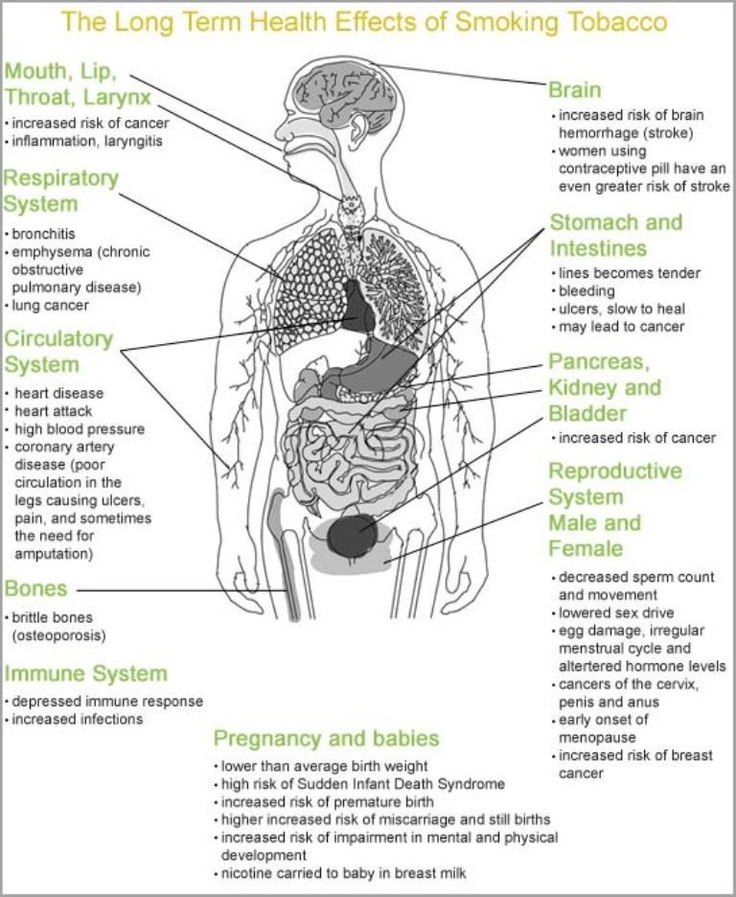 This moment is very important both psychologically and physically. Foreign smoke not only irritates and causes nausea, but also encourages cravings for the forbidden cigarette. Therefore, if you quit for the sake of the unborn child, then all together.
This moment is very important both psychologically and physically. Foreign smoke not only irritates and causes nausea, but also encourages cravings for the forbidden cigarette. Therefore, if you quit for the sake of the unborn child, then all together.
Smoking during pregnancy is a habit that can cost you dearly, and you will have to pay with the health of your child. The well-being of the baby is worth the effort to overcome nicotine addiction and avoid relapses, remember - now you are a mother, and this involves a lot of responsibility! nine0003
Smoking during pregnancy
According to official statistics over the past 20 years, the number of smokers in Russia has increased by 440 thousand people .
There is a clear trend towards an increase in the prevalence of tobacco smoking among young people and earlier initiation of regular smoking. The spread of smoking among young women is especially noticeable. Thus, in the age group of 20-29 years, the proportion of women who smoke is ten times greater than in the age group over 60 years.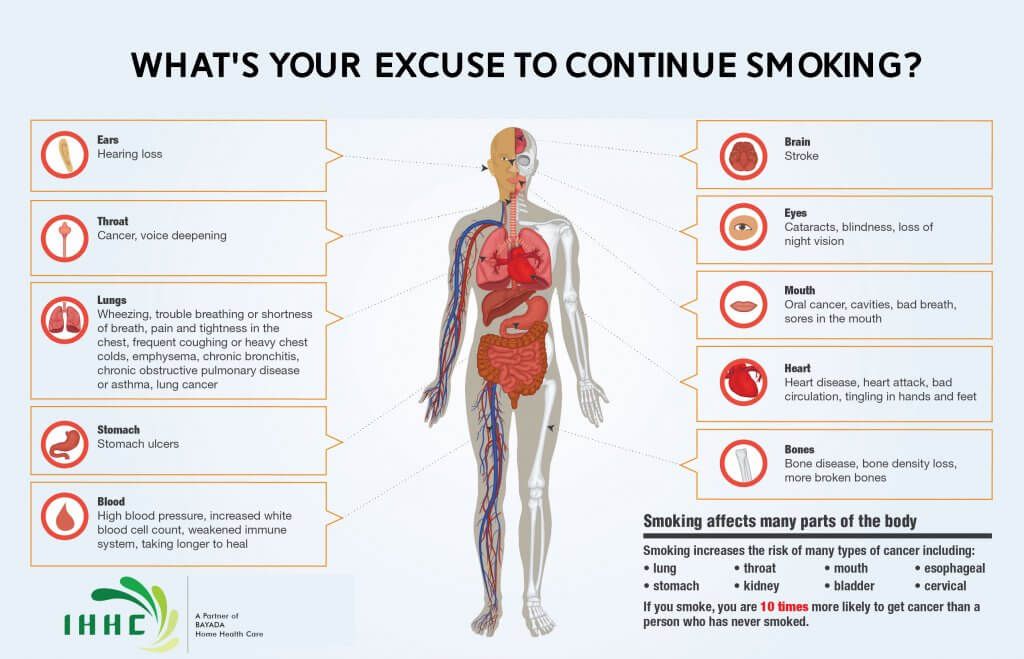 About 25% of women continue to smoke during pregnancy. This is the most common mistake expectant mothers make. But it is this habit that is one of the most dangerous factors for the fetus. nine0003
About 25% of women continue to smoke during pregnancy. This is the most common mistake expectant mothers make. But it is this habit that is one of the most dangerous factors for the fetus. nine0003
Myths about smoking during pregnancy Of course, this is not true. Every cigarette smoked threatens pregnancy and harms the health of the baby. Spontaneous miscarriage or miscarriage 9013. Statistics show that smoking pregnant women have miscarriages 2 times more often than women who lead a healthy lifestyle. And if smoking is also combined with alcohol consumption, the risk of miscarriage increases by 4.5 times. Many people think that if smoking during pregnancy did not immediately leave various consequences, then everything is fine. Passive smoking during pregnancy. Passive smoking increases all possible risks during pregnancy - the development of pathologies and anomalies, premature birth, intrauterine fetal death, miscarriage, developmental delay, underweight in a child, susceptibility to diseases of the respiratory system, heart defects, acute respiratory infections, diabetes mellitus, leukemia, underdevelopment of internal organs, etc. nine0003 The risk of birth defects in an infant with passive smoking increases by 13%, and the probability of stillbirth - by 23%! Even if a smoker goes out to smoke on a balcony or even on the street, it will still not be possible to completely eliminate the harm of passive inhalation of toxic substances on the body of a pregnant woman.
 …But that's not true at all.
…But that's not true at all.
